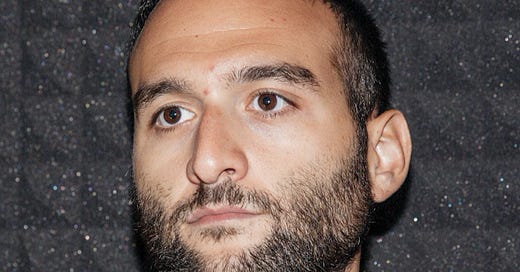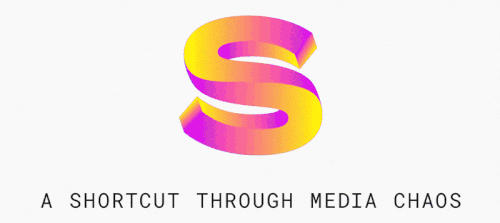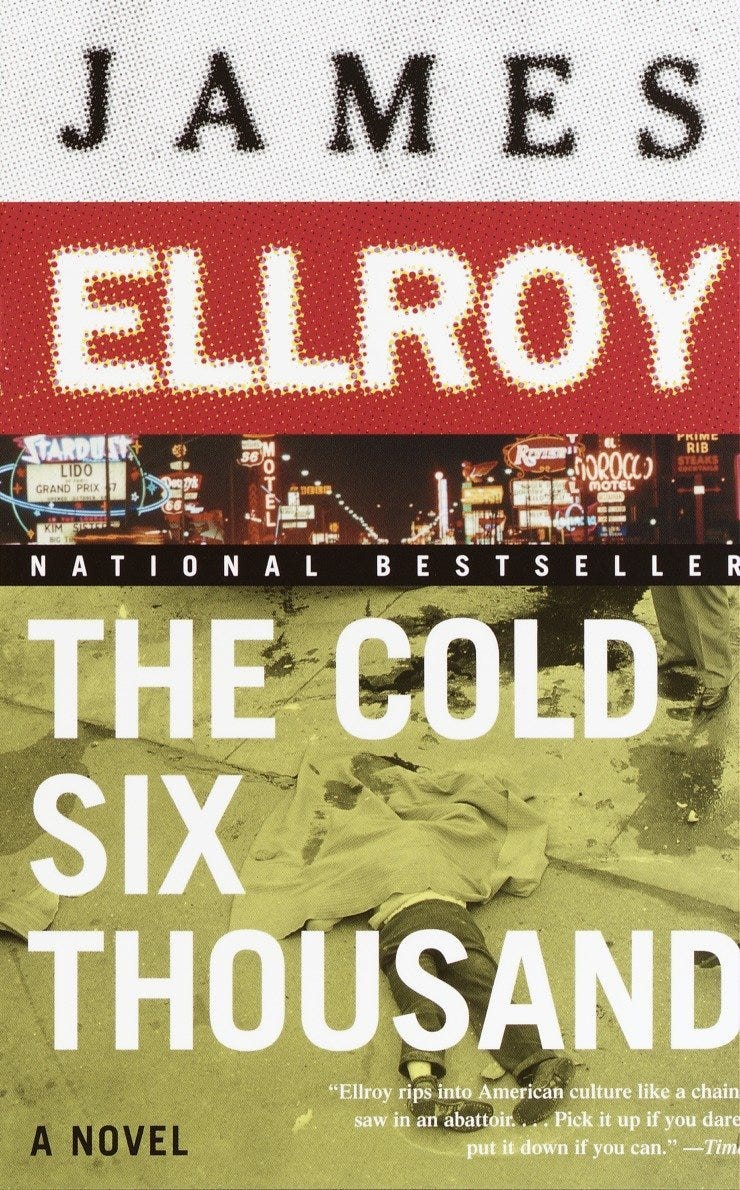I’ve been following Matthew Gardner around the internet for years. I was a big fan of his podcast, Point (which I can’t find anywhere), where he opined on all things culture. I’m convinced it was way ahead of its time. Maybe in twenty years when we are mining first wave podcasts, Point, and it’s ten(ish?) episode-run will be viewed as cornerstone. Here’s to hoping.
Matthew describes himself as an advertising agency founder and writer. More specifically he is the former Director of Brand Influence at Droga5. He currently helms the newly minted Rumfoord’s - a fashion NFT metaverse studio.
Matthew also writes Stupefy - my favorite newsletter - which makes sense of the dizzying media and content landscape for busy people.
I am a fan of Matthew’s taste in things. And his take on things. It’s a weird thought to form. Even weirder to write down. But it’s the easiest way to describe why I wanted to talk to him about reading. Mainly his ability to read the internet.
As a 33 year old man I have no fucking clue what’s happening on the web. Twitter. I log on. I log off. I don’t play video games. I watched The Sopranos in real time. I deleted all social media applications from my phone. Me no do the TikTok. And I consider myself a value investor - I have never and will never trade an option. So, at this point I leave my interneting to the experts - like Matthew. You’ve got to know when to hang ‘em up. 🤳
I was curious to learn how a world class 💻 internetter 💻 does his thing. So, I went right to the source!
Before we log on. What do you like to read offline?
MG: I have a theory that very few people actually read anything online and those who do are other journalists. Most people see an article and don’t read it, because they are so exhausted and overwhelmed by the deluge of content constantly coming at them, myself included. I have to read every single word of an article I’m interested in. So that means it really has to be offline because online is too chaotic and too distracting. Online, it’s like I have to seclude myself with that article and clear out all other tabs.
I went to journalism school and wanted to be a writer coming out of college. That didn’t work out, but my setup of reading the Times every day and the New Yorker, New York, New York Times Magazine and Vanity Fair every issue never went away.
Before the pandemic I read the Times religiously on the weekends in print. Then the pandemic turned my entire life upside down. I had to shut down my company and had nothing to do in the mornings seven days a week for the first time. So now I actually read the Times in print every single morning. Not cover to cover, obviously, but I get a feel for the landscape of the paper every single day.
I also pick up the Financial Times from a little newsstand two blocks from my apartment on Saturday mornings. I like Janan Ganesh’s columns because they would never print that kind of unashamedly elitist stuff in the Times.
For books, I do not read nonfiction. I have one novel at a time going.
Favorite book read during the last year?
MG: The Cold Six Thousand by James Ellroy. The novel equivalent of an S. Craig Zahler flick. Fucking brutal and very funny in the blackest of black comedy way. Highly recommended, but start with American Tabloid. Cracked out paranoia, incompetence and cruelty. Sounds familiar.
Your media diet has to be pretty heavy - what do your daily rounds look like?
MG: My daily rounds look like harrowing chaos. Newsletters are the key for me. I read a handful of newsletters daily, like Reliable Sources, Byers Market, Bloomberg’s 5 Things, stuff like that. Those help.
The rest is basically this: whatever is in front of my face at that exact moment gets a shot at being absorbed into my brain, unless I move it away from my face and then it’s gone forever.
I have a file in the Notes app going that is basically my brain. It’s called Stupefy. If I see something I want to remember or have a take on, I copy it and paste it into there. It’s huge. I can’t live without it.
Twitter obviously is a big source of news for me, but so is what I think of as hangout zones, specifically podcasts, Discord, a Twitch stream I love and Clubhouse to a much lesser degree. I find these hangout zones to be where the real conversations are happening online now and they are a much more pleasant vibe than Twitter, which is super depressing and dark to me.
What news/content do you pay for?
MG: I pay for everything. Tons of subscriptions, Patreons, streaming services, cable, you name it. When I had my company I paid for even more, like FT, Bloomberg, BoF, WSJ. It was heaven. I can’t live without this stuff so I don’t even think twice about paying for it, within reason. Those FT and WSJ subs are gone, for now.
Have you purchased any NFTs?
MG: My new company, a fashion NFT and metaverse studio called Rumfoords, has bought and sold NFTs. We worked with artists we love who were basically unheard of back in 2020 to get them up and running on these marketplaces, and now they’re making money and it’s incredible to see.
I personally have not purchased an NFT yet for my own collection, but I do have a Metamask wallet at stupefy.eth with some eth in it that I’ve been using for various Web 3 things. I’m much, much more excited about the realization people are having through NFTS that you can own things in a virtual world than I am excited about NFTs themselves or crypto art, to the point where I essentially bet everything on the possibility of the former last year.
The collision of everything I’ve always been into my whole life, like music, cartoons, music videos, style, video games, collecting cultural products and basketball, has been extremely cool to promote and write about and create.
We thought it was five years out when we started Rumfoords. We did not realize how quickly NBA Top Shot would make it conventional wisdom that people who aren’t playing Fortnite or Rocket League would pay to own something virtual.
What role does taste, if any, have in one’s ability to edit the internet?
MG: You’re only as valuable as the list of people you’ve chosen to follow. For better or worse, that list becomes all you see. So, yes, taste plays a role. We’re all in the business of selling that list now, either direct to fans or to giant corporations who for whatever reason choose not to just assemble those lists themselves.
But I don’t think everyone wants to edit the internet. A lot of them just want to tune it out. Those are the really smart ones.
That’s all folks. If you like getting this email every Friday, and you think a friend or loved one would also like it - you can always share the wealth.
Big thanks to Matthew for taking the time to discuss the internet! Please check out and subscribe to Stupefy - and follow Matthew on the web.
I hope you all learned something.
Happy internetting!






